1. White Background for Umico (Technical Requirements)
- Recommended background: Clean, pure white — RGB 255,255,255.
- Color profile: sRGB (standard for the web).
- Format: JPEG or WebP (WebP preferred for smaller file sizes).
- Resolution / Size (1×1 square): minimum 1500×1500 px; ideal 2000×2000 px (square 1:1).
- DPI: 72 DPI for web; keep a 300 DPI RAW/TIFF master file for print.
- File size: Compressed JPEG/WebP under 500–800 KB for fast loading while maintaining quality.
2. White Products on White Background (Problem & Solution)
Problem: White products can “disappear” against a white background.
Solutions:
- Rim / edge light: Add subtle side or backlighting to separate the product outline.
- Soft shadows: Use very light, natural shadows to add depth.
- Slight off-white background: Use 252/252/252 for shooting, then finalize at 255/255/255 for Umico.
- Proper exposure + gray card: Ensure detail preservation in whites.
- Shoot RAW: Capture wide tonal range for easier post-processing.
3. Why 1×1 (Square) Format?
- Umico and most e-commerce platforms display square images best.
- Recommendation: main image 1×1 (2000×2000 px); additional angles can be 4:3 or 16:9.
- Zoom support: High resolution ensures buyers can see details clearly.
4. How Many Angles Are Recommended?
6–8 images per product are ideal:
- Main (1×1, white background)
- Front view
- Back view / label
- Side view
- Detail / macro shot
- In-use / lifestyle context
- Packaging / bundle
- Scale reference (with hand or object)
This package boosts buyer confidence and conversion rates on Umico.
5. How High-Quality Photos Drive Sales
- Trust & security: Clear visuals reduce perceived risk.
- Information clarity: Labels, textures, and details minimize customer questions and returns.
- Emotional appeal: Good composition and lighting make products more desirable.
- Brand perception: Consistent professional images build brand loyalty.
Studies show professional images can increase conversion by 20–60%, depending on category.
6. The Importance of Realistic Appearance
- Realistic appearance means online photos match in-store reality.
- Why it matters: Mismatches lead to returns and negative reviews.
- Solution: Accurate color, texture, and size representation with in-hand or contextual shots.
7. Cutout Background vs True White Background
- Cutout (digitally removed background): quick, but often unnatural with halos and missing shadows.
-
True white photography:
- Natural, with correct lighting and reflections.
- Preserves depth and contour.
- Provides more editing flexibility.
Our service: studio-shot images with true white background (255,255,255) — no harsh cutouts, ensuring natural and sales-friendly results.
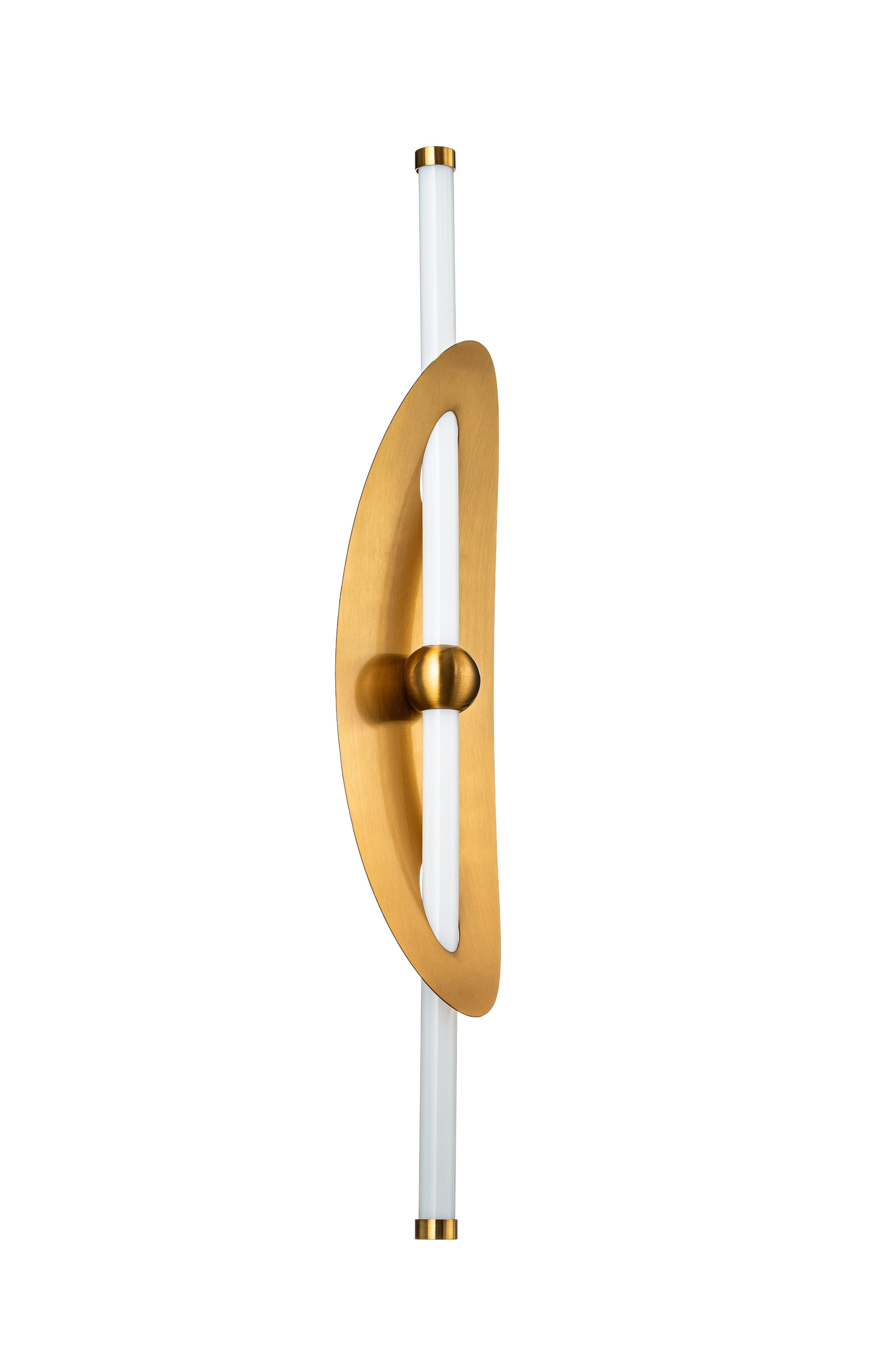
8. Challenges of Shooting Bronze & Gold Products
Issues: reflective surfaces cause glare, hotspots, and unwanted reflections.
Solutions:
- Polarizing filters / cross-polarization to reduce glare.
- Controlled softboxes with grids to diffuse reflections.
- Black cards / flags to block unwanted highlights.
- Multi-shot composites to merge best-lit details.
- Angle control to maintain natural shine without harsh reflection.
Our studio uses these methods to deliver flawless metallic product photos for Umico listings.
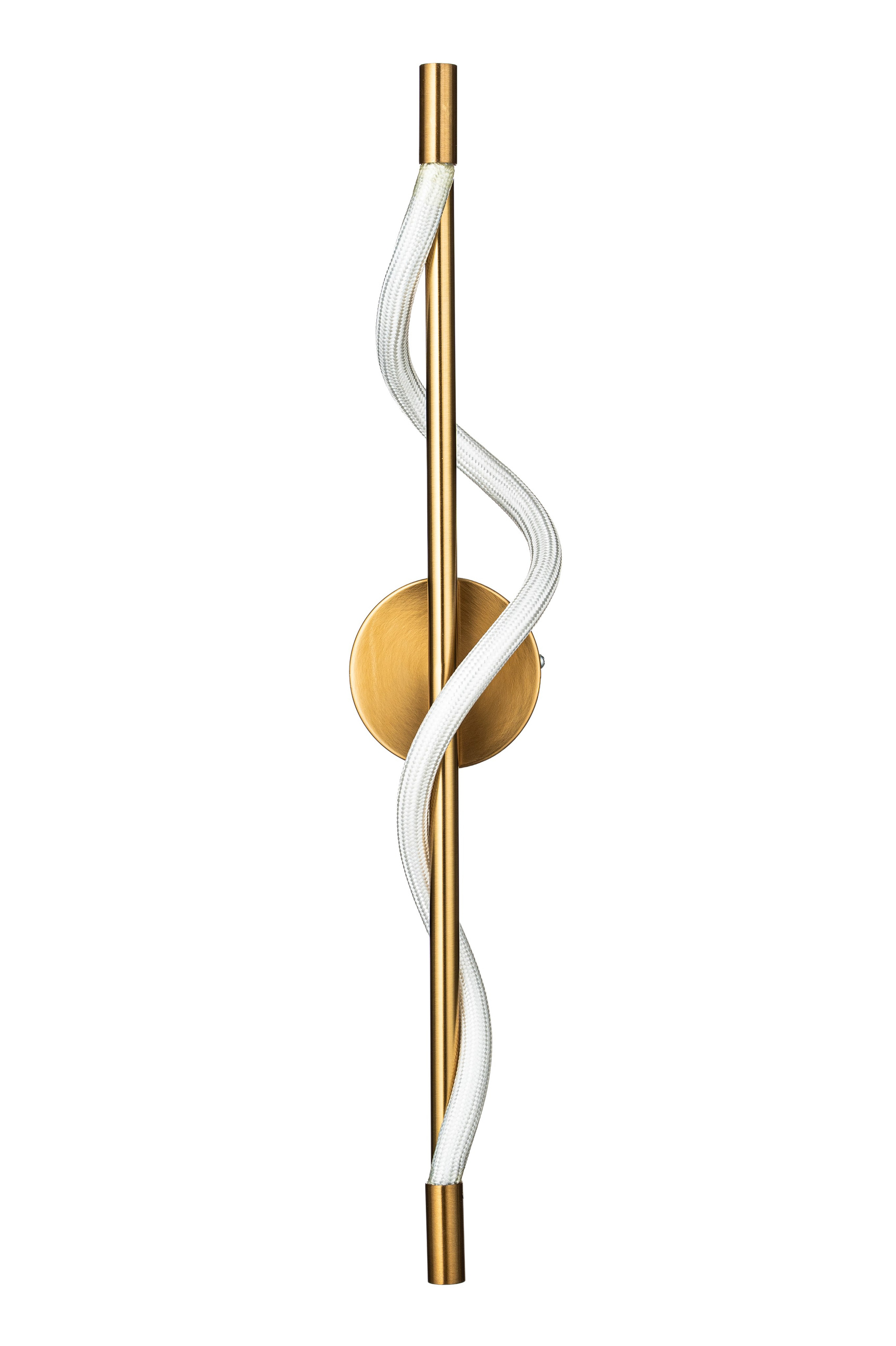
Blog
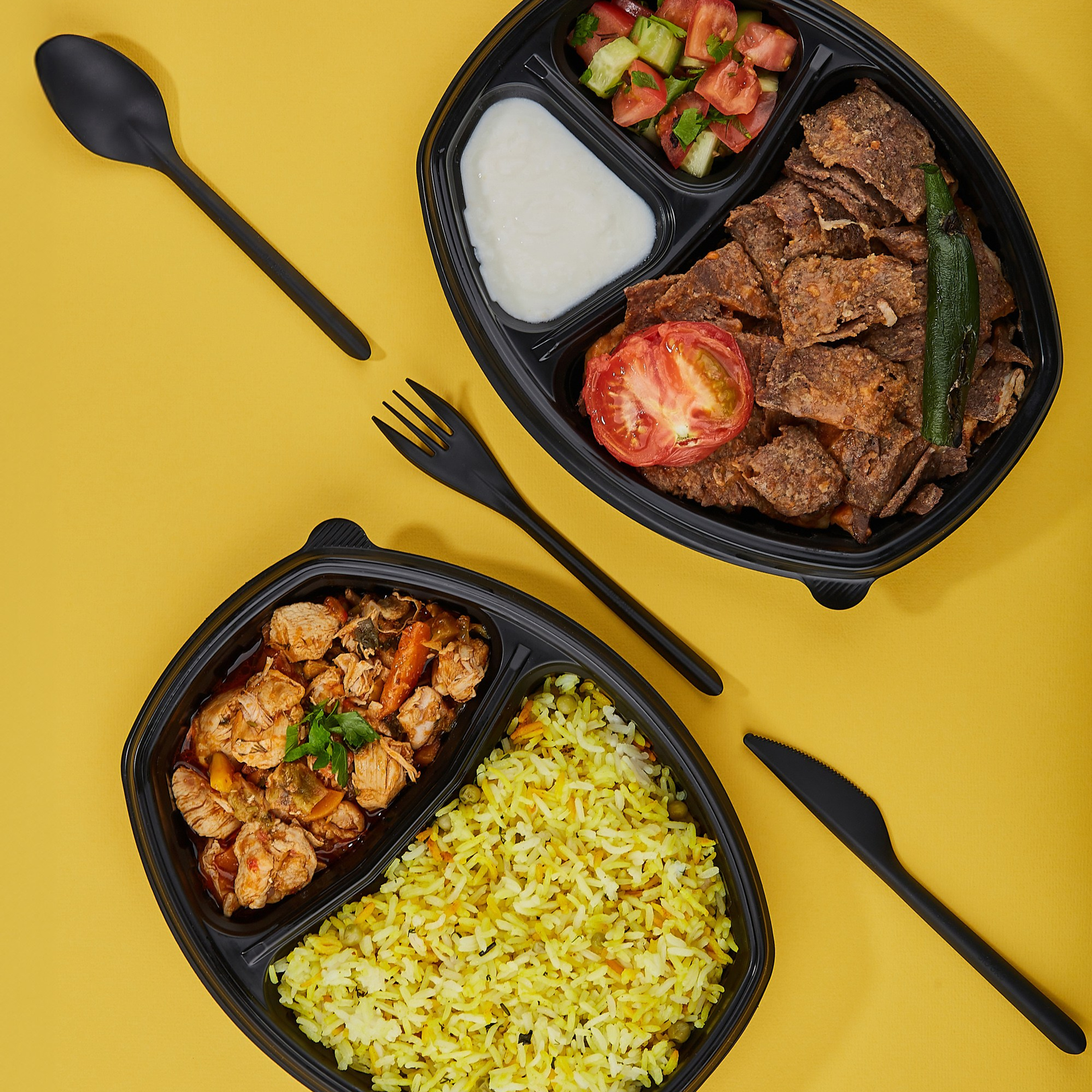
Disposable Food Packaging Photography
Why Are Photos of Disposable Containers Important?
No matter how simple a product may seem, its visual presentation...
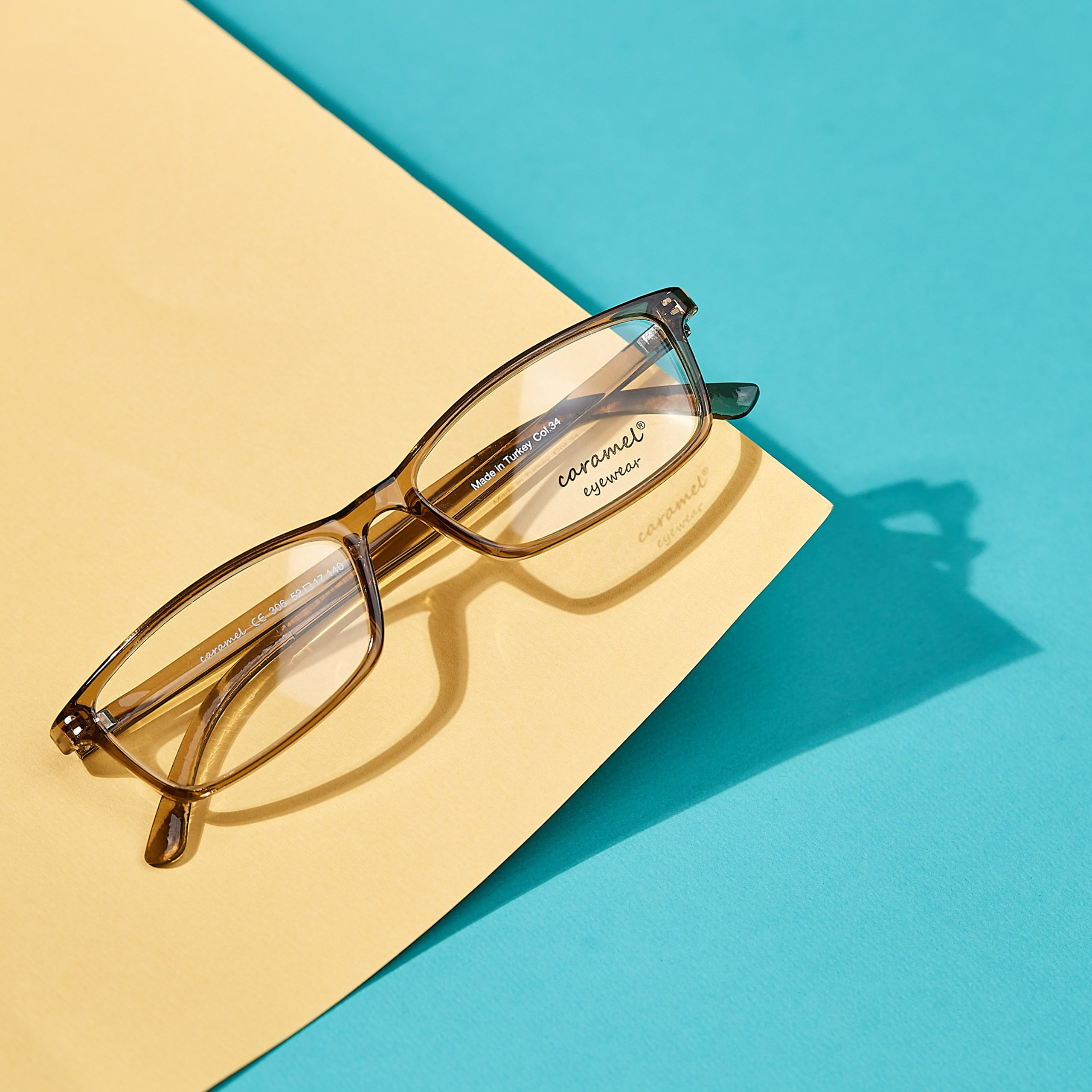
Eyewear Photography
Eyewear photography is not just about showing a product — it’s about transforming it into a visual that customers...
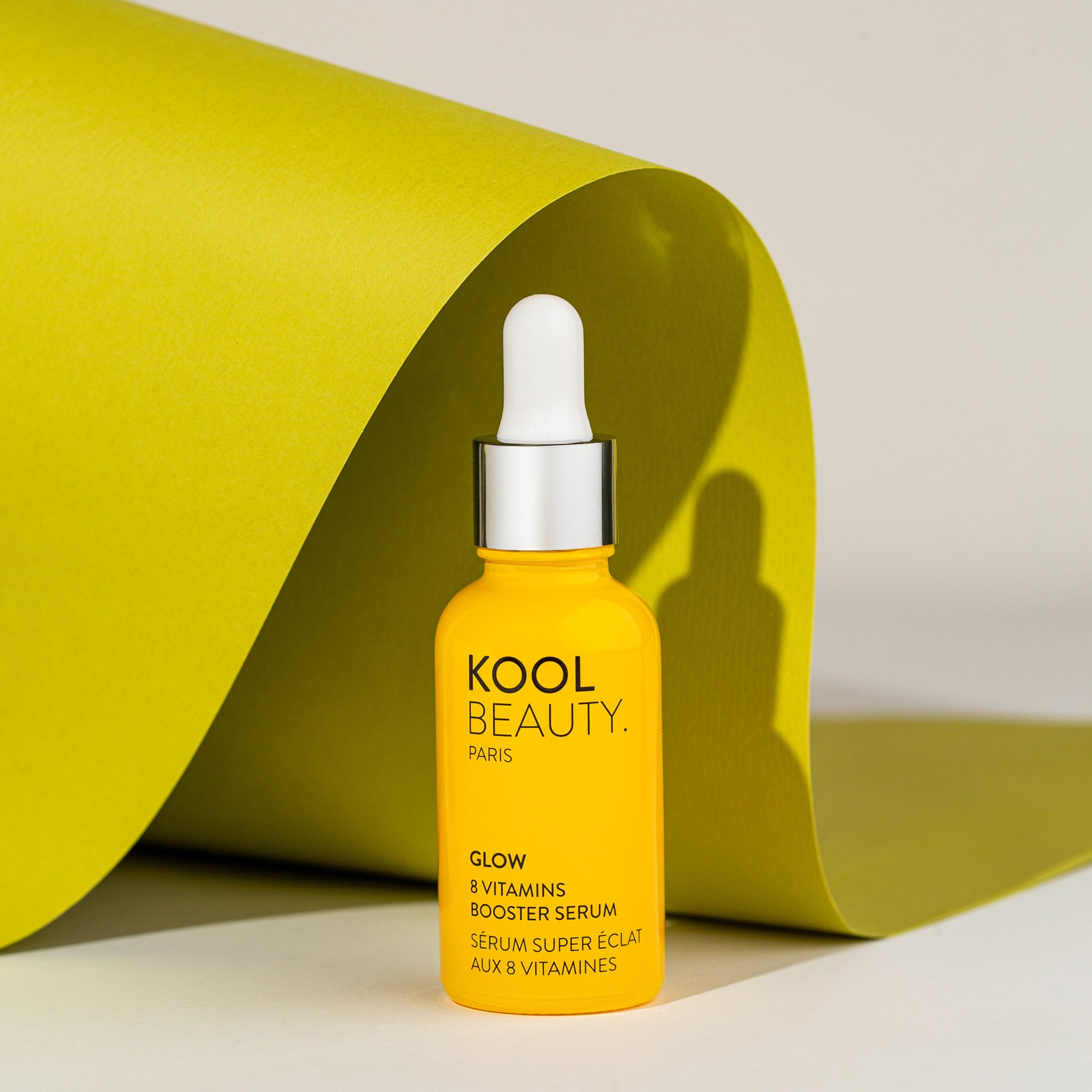
Glass Product Photography
Glass product photography is more than just taking a picture — it’s one of the most powerful tools to define how your...
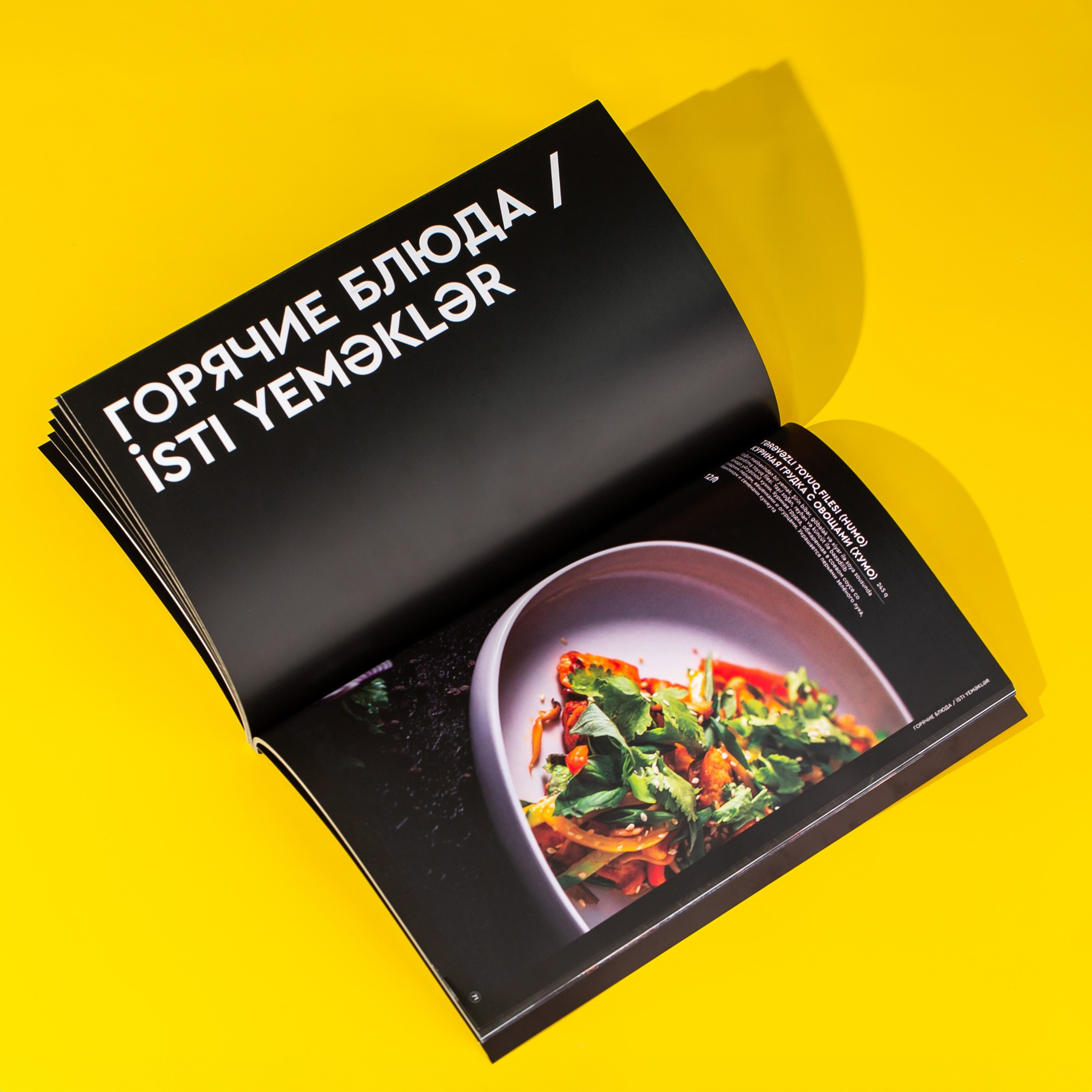
How to Take Stunning Photos of Books, Journals, and Publishing Products
In the online world, books, journals, and other publishing products are not just meant to be read—they must also...
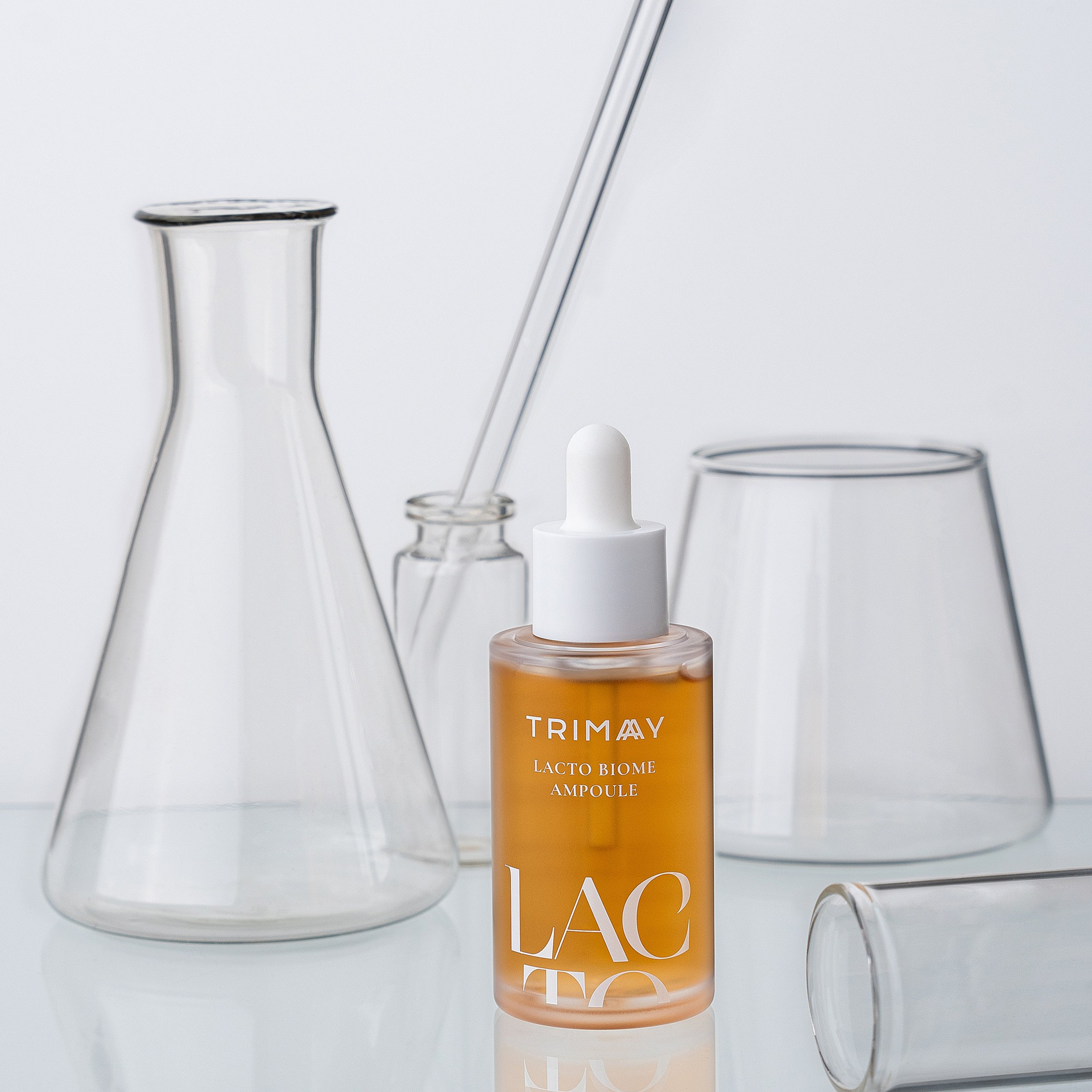
7 Tips for Taking Amazing Product Photos
In the world of online sales, first impressions are everything. Since customers can’t physically hold or touch your...
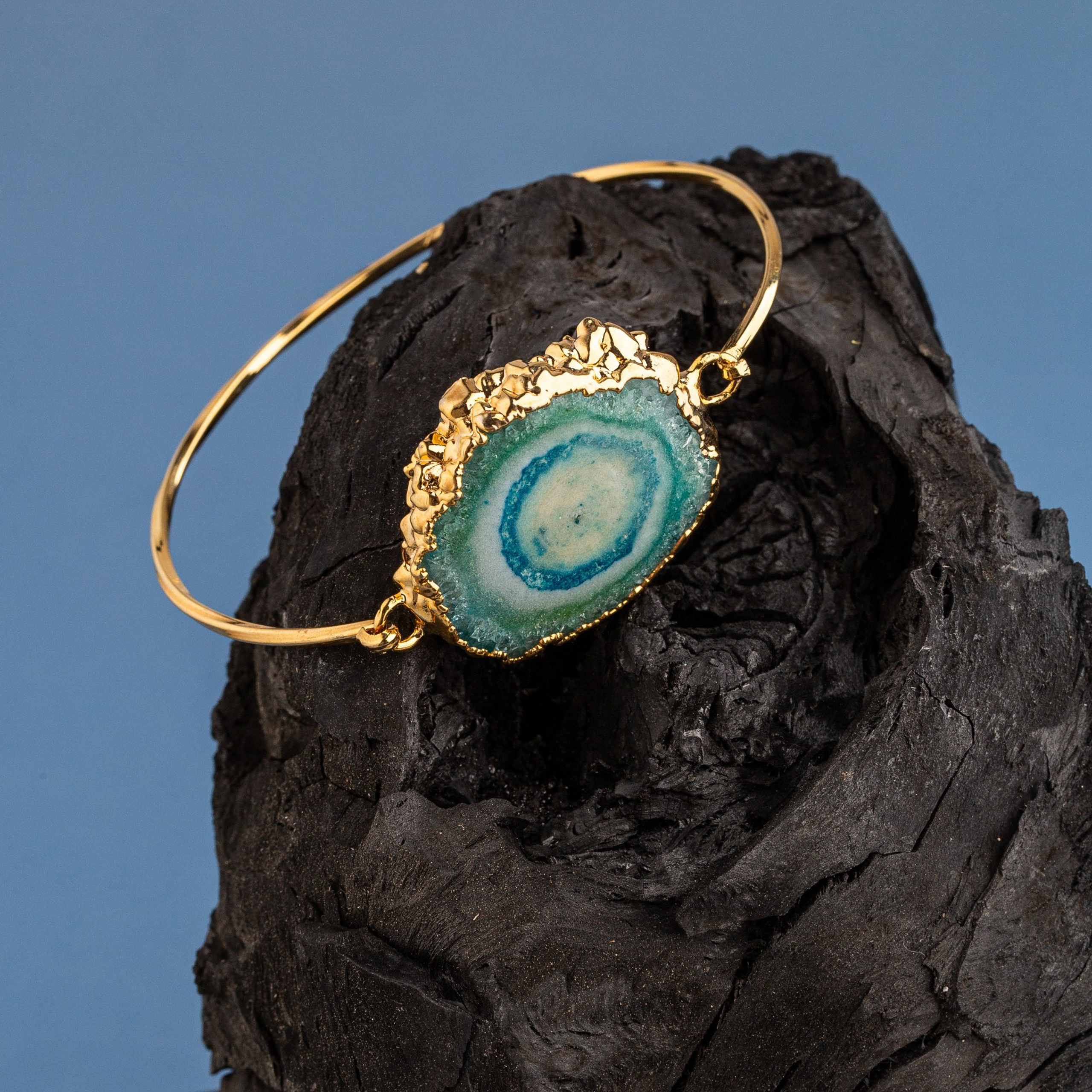
Macro Product Photography
One of the most crucial ways to succeed in selling jewelry products is through photographs that fully capture their...
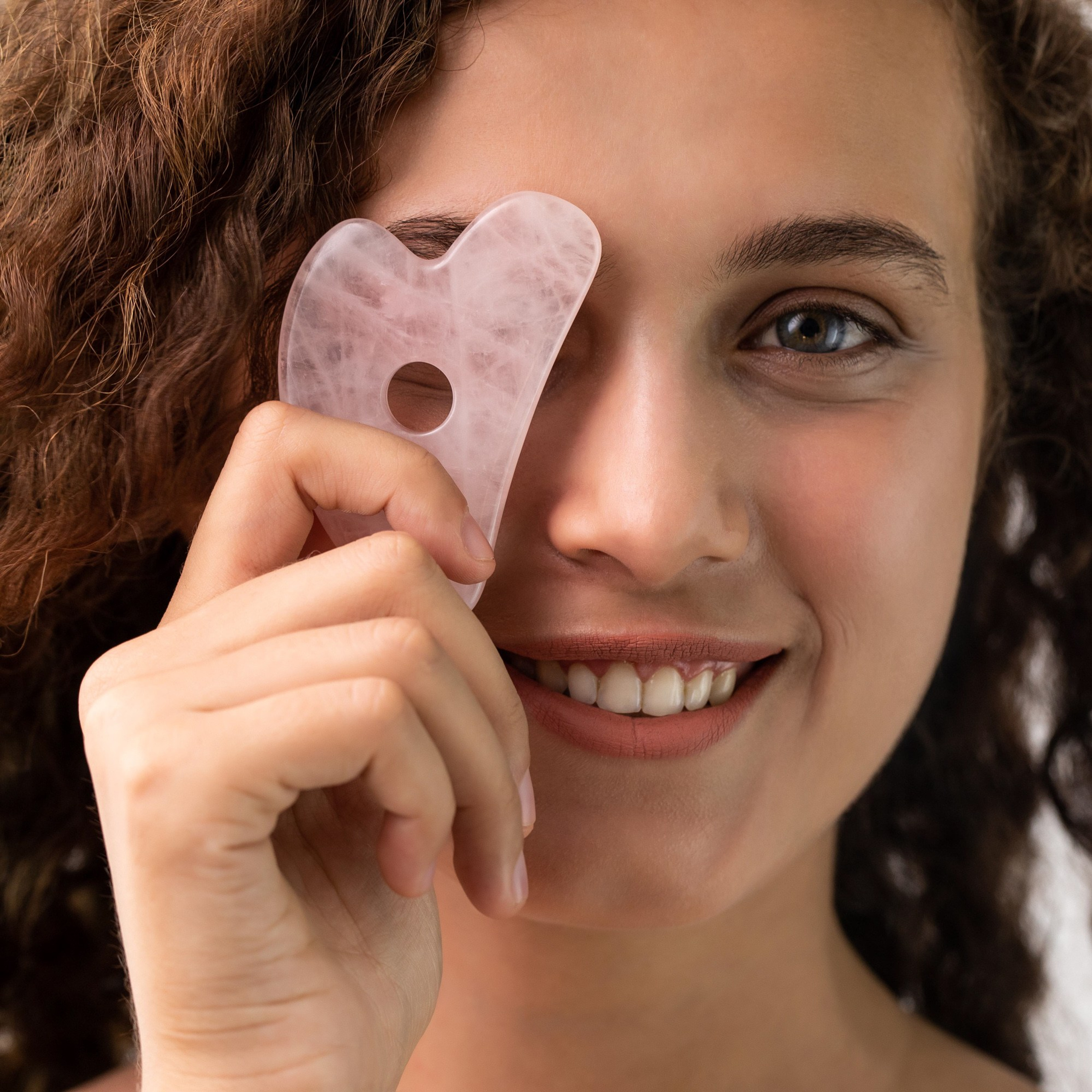
Lifestyle Photography
Modern brands no longer just show their products — they want to convey a lifestyle, feelings, and experiences...
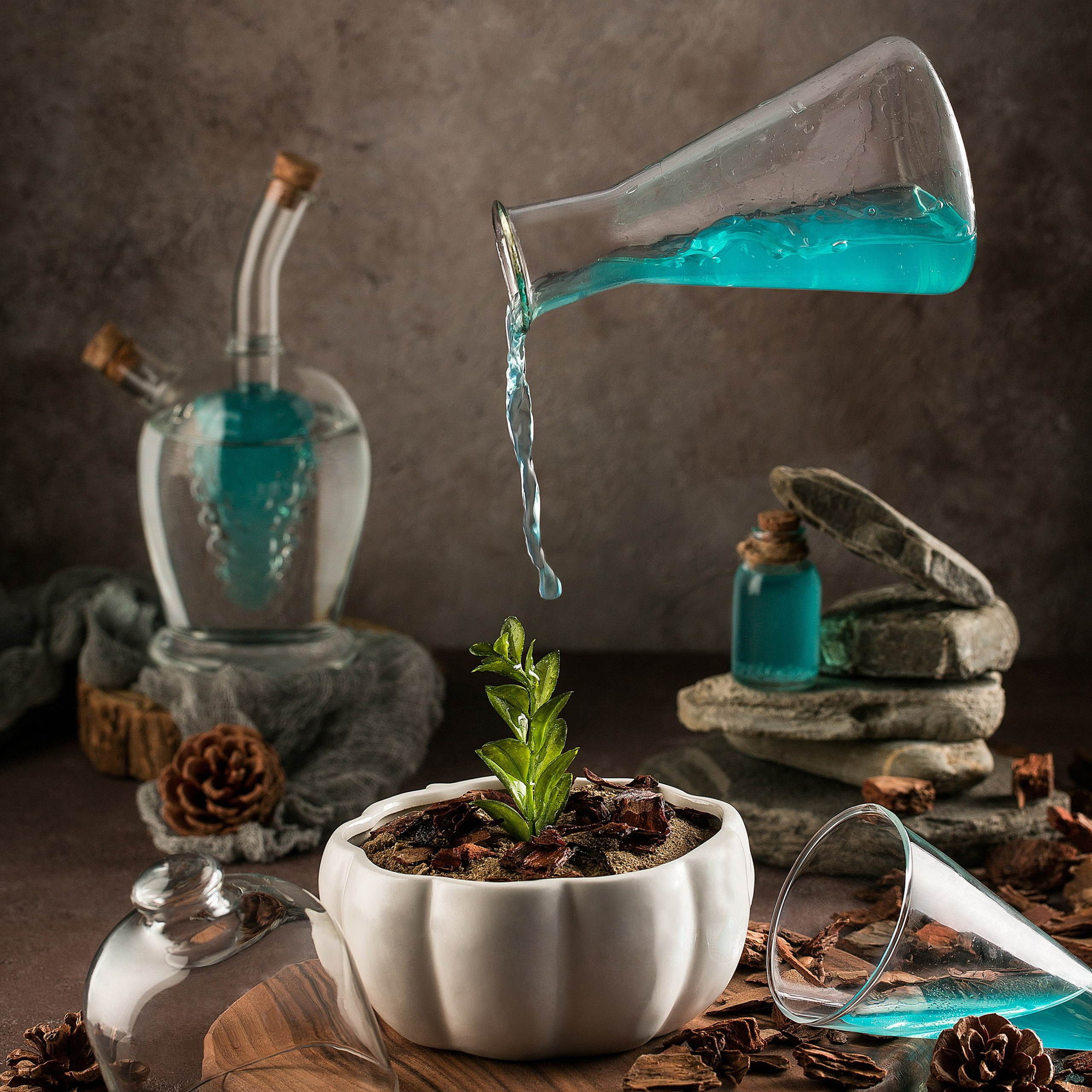
Creative and Conceptual Photography
Creative and conceptual photography is not just about creating a beautiful image — it’s about telling a story,...
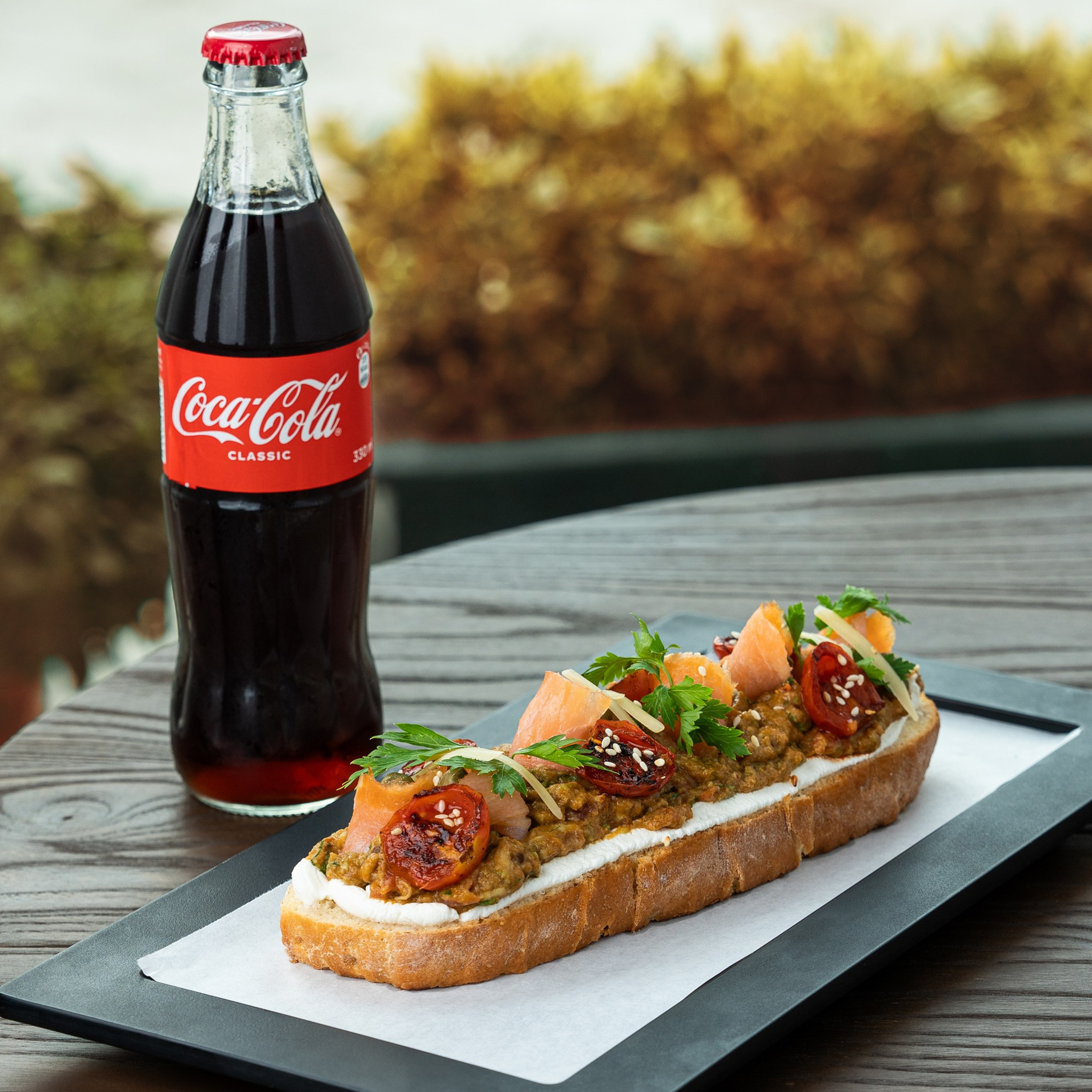
Food and Beverage Photography
Food and beverage photography is not just about taking appetizing pictures — it’s about telling your product’s brand...
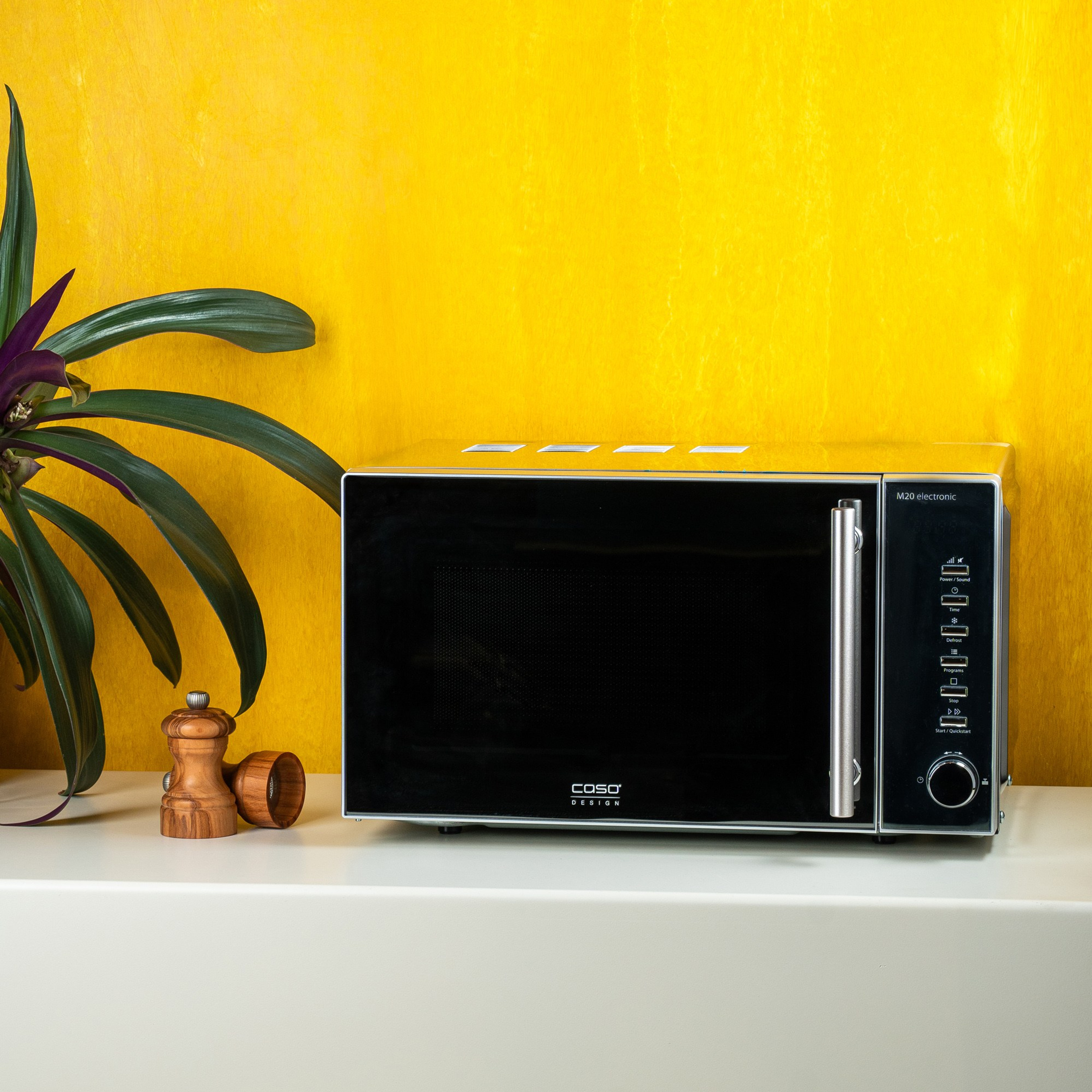
Product Photographer’s Guide to Shooting Electronics and Technology Products
Elektronika və texnologiya məhsullarının fotoqrafiyası, yalnız məhsulun texniki xüsusiyyətlərini göstərməklə...
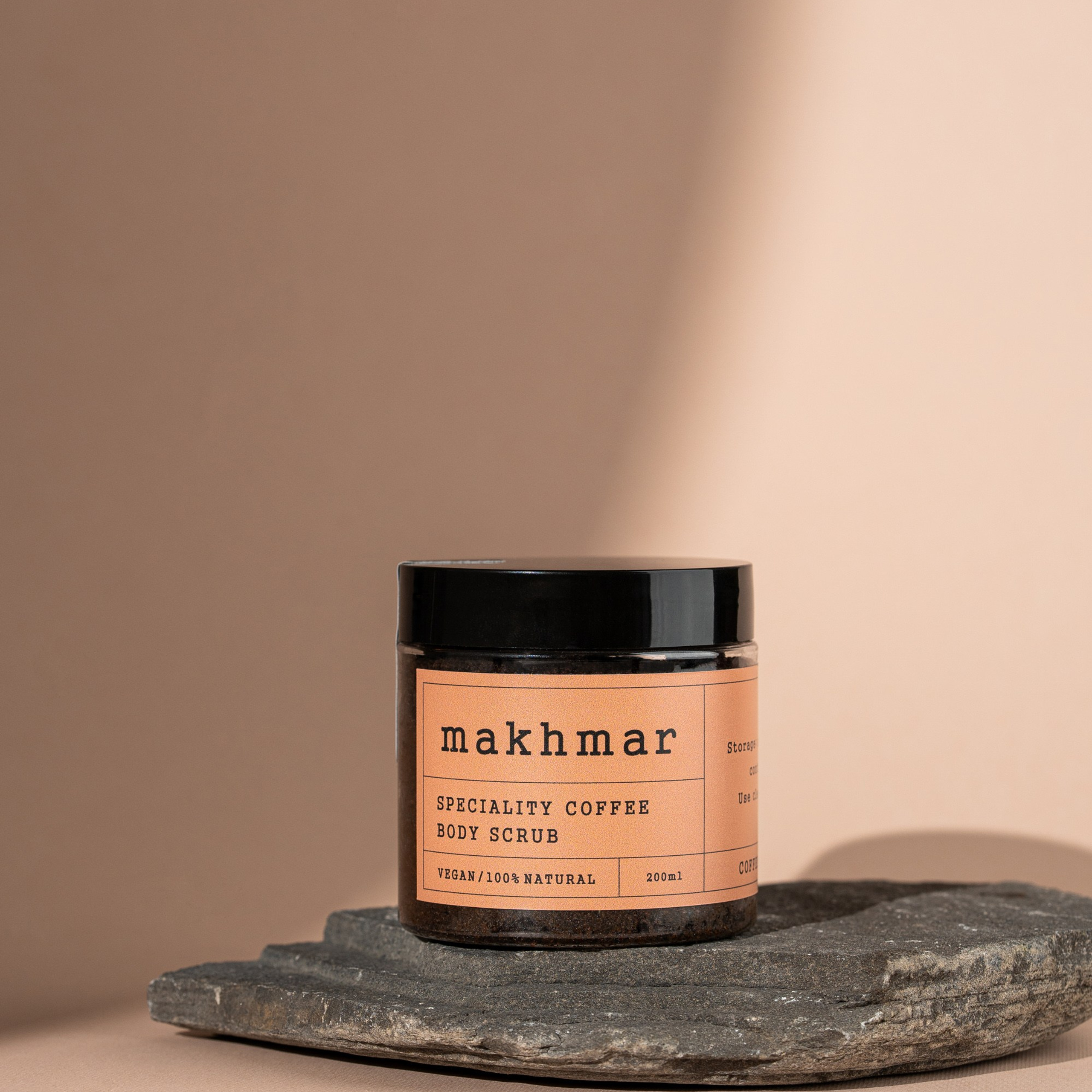
Visual Anatomy — #5: Makhmar
This shoot was created for Makhmar’s natural body scrubs and sun tanning oil. Initially, the client shared reference...
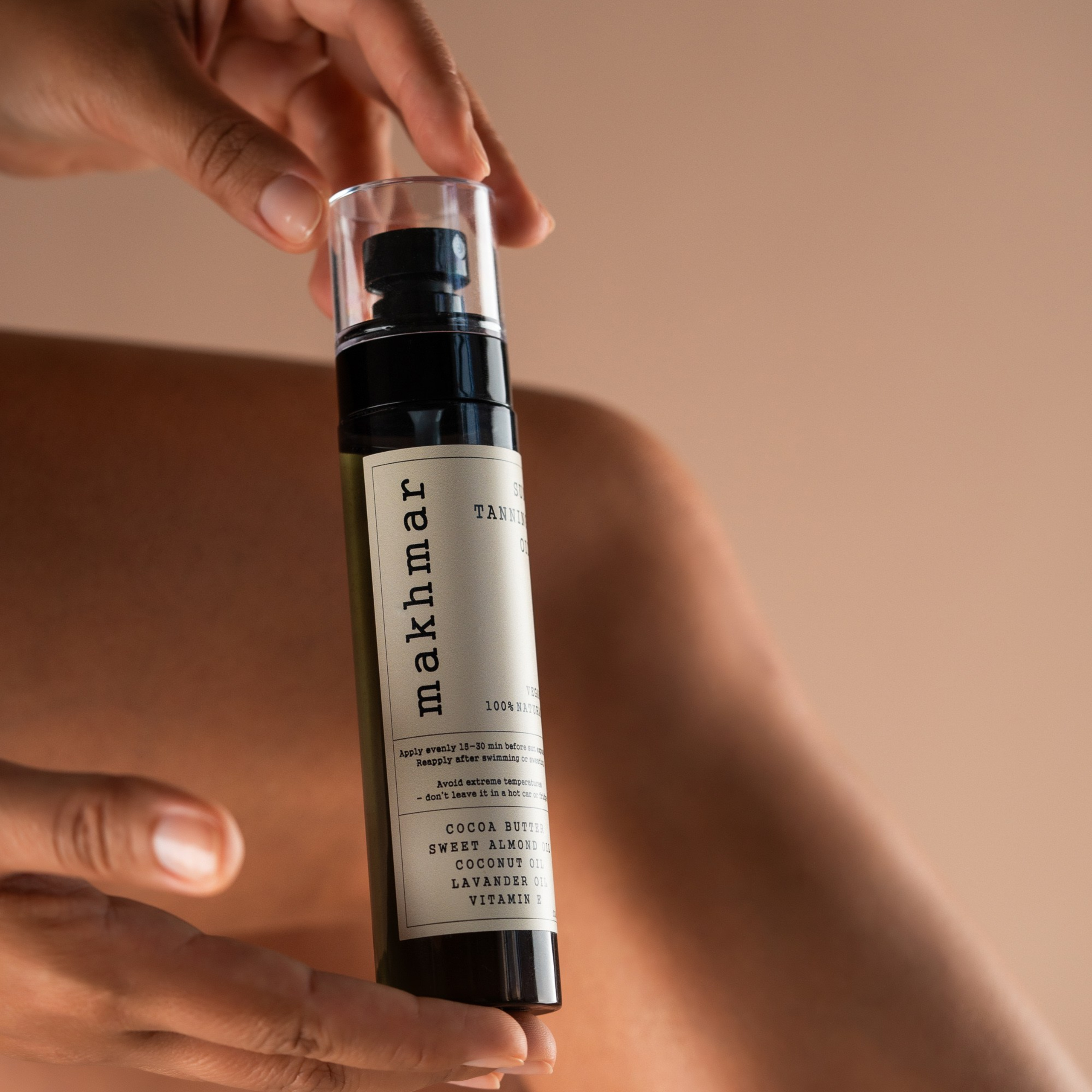
Cosmetic & Skincare Product Photography and Presentation Guide
In the cosmetics and skincare industry, packaging and visual storytelling are just as important as product quality....
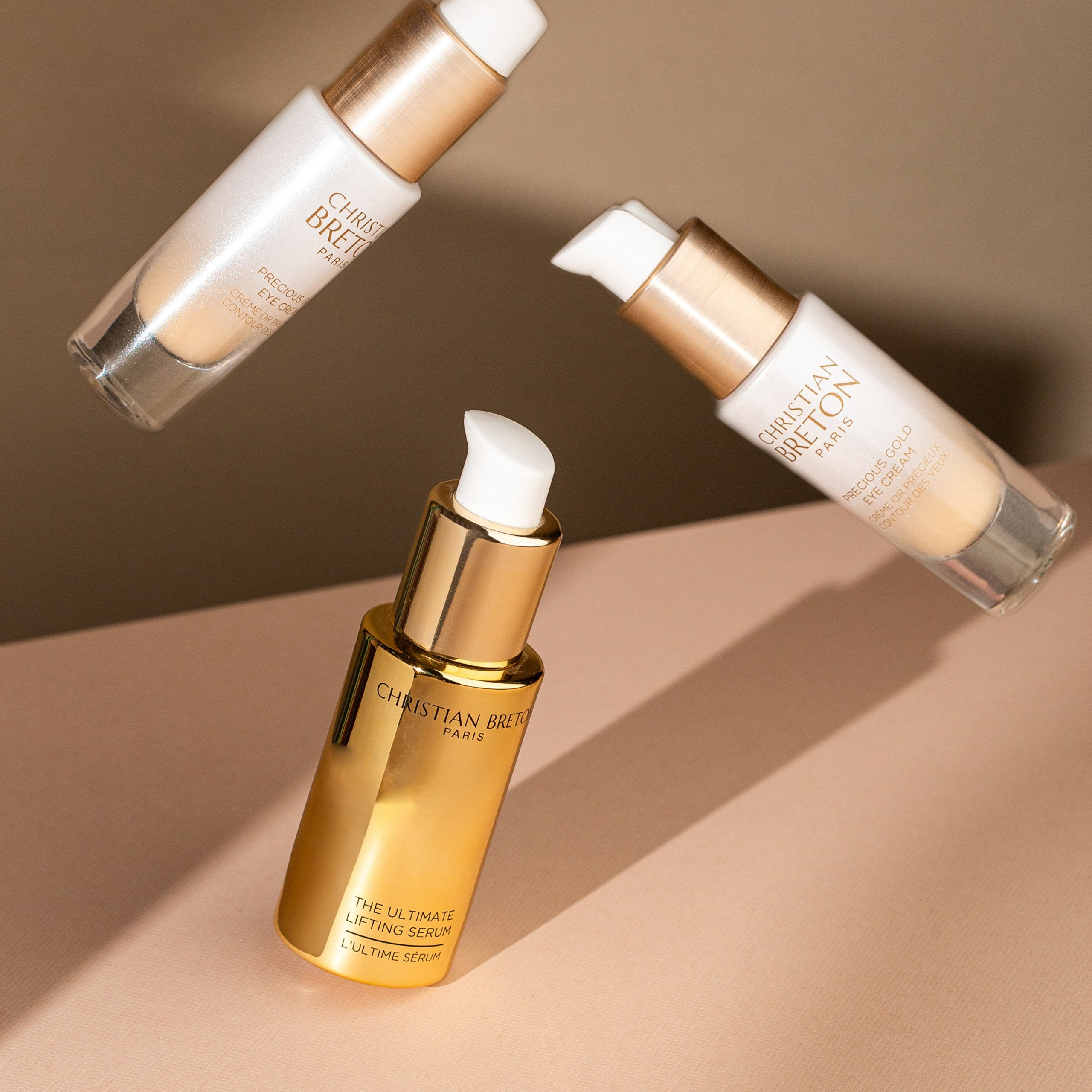
Visual Anatomy — #4: Christian Breton — Surreal Dynamics
Surreal product photography through dynamic composition and visual flow
This visual is not about products randomly...
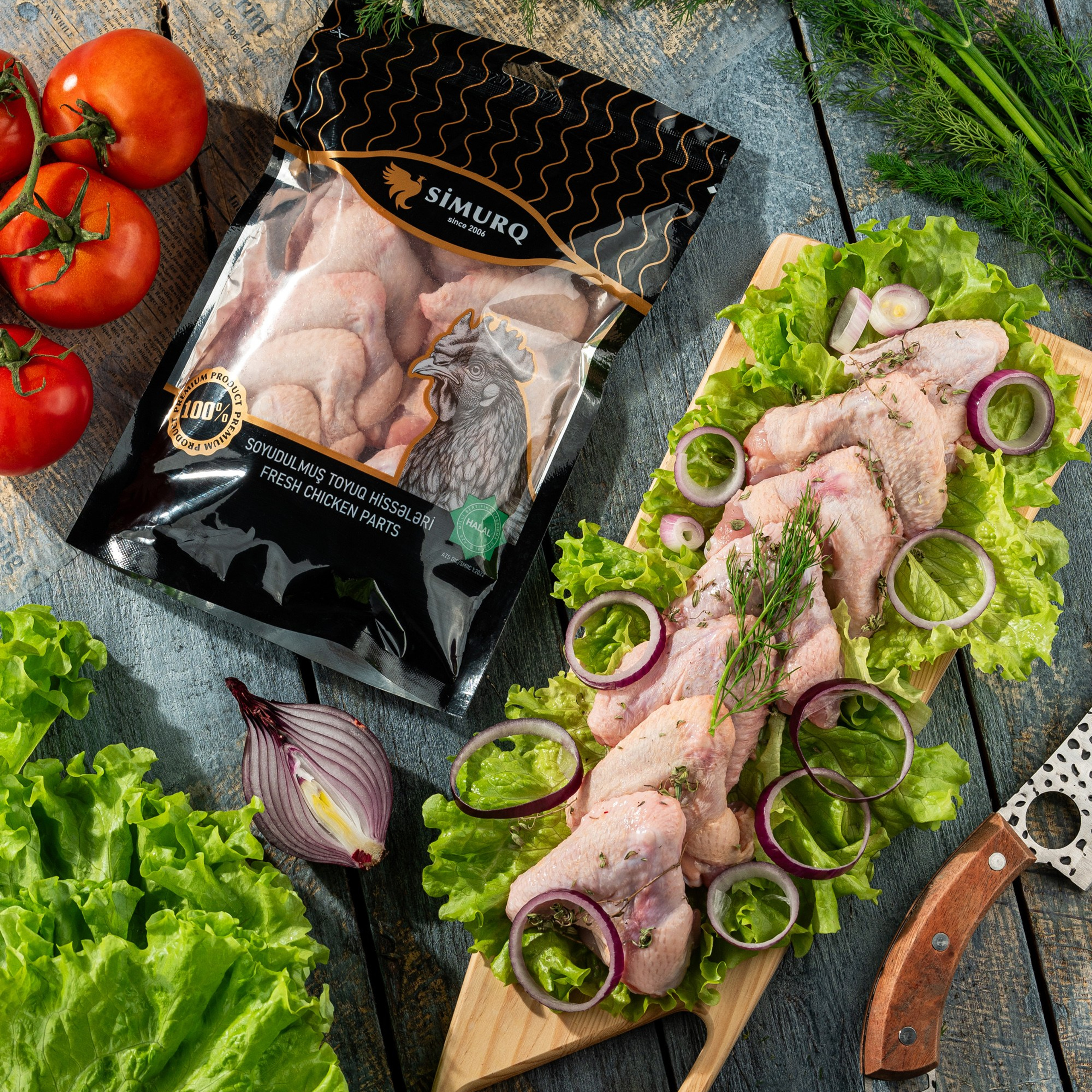
Chicken Product Photography
Product photography is not just about showing what you sell — it’s about telling a story of quality, freshness, and...
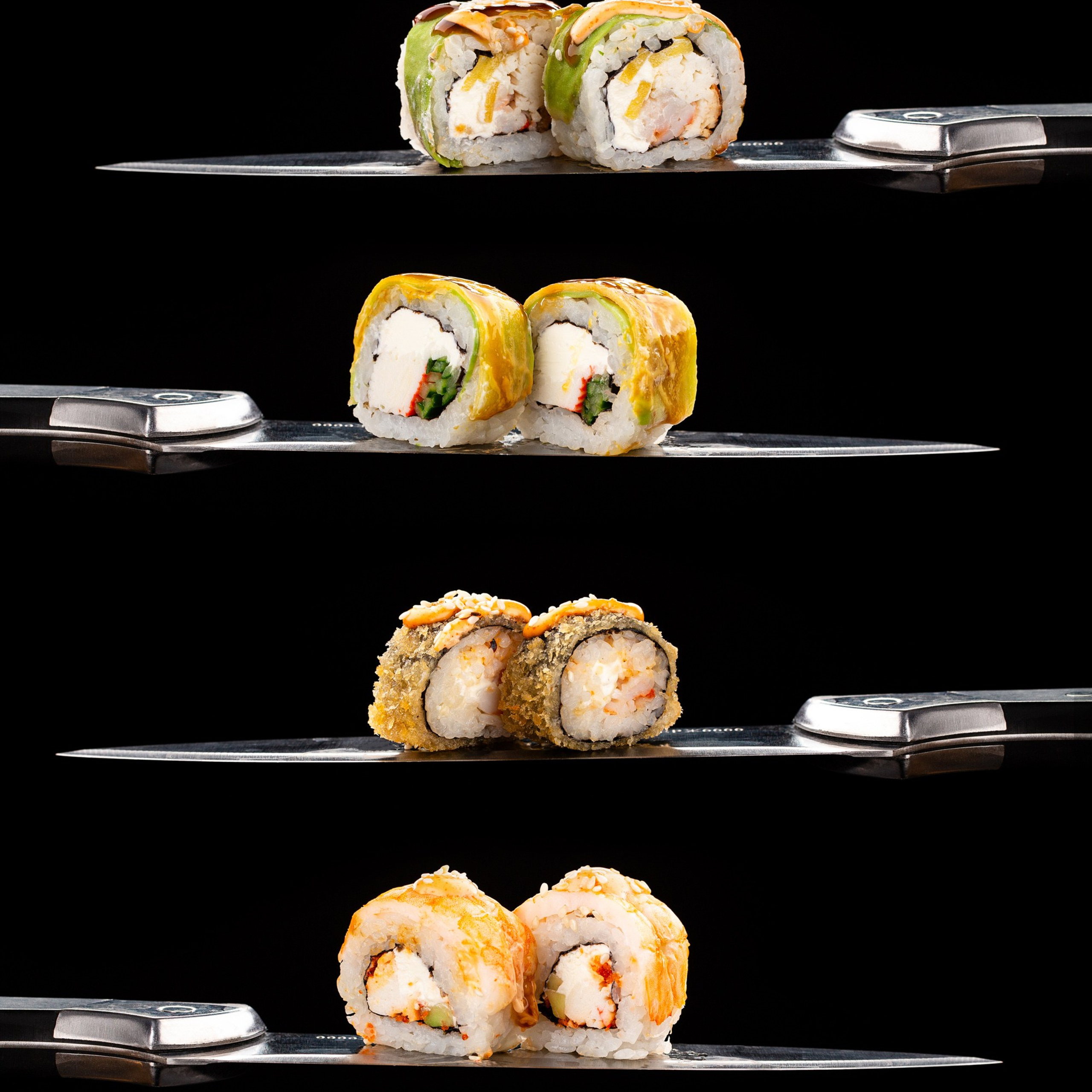
Sushi Food Photography
Sushi is more than a dish — it’s a visual language of texture, precision, and color. In the world of food...














